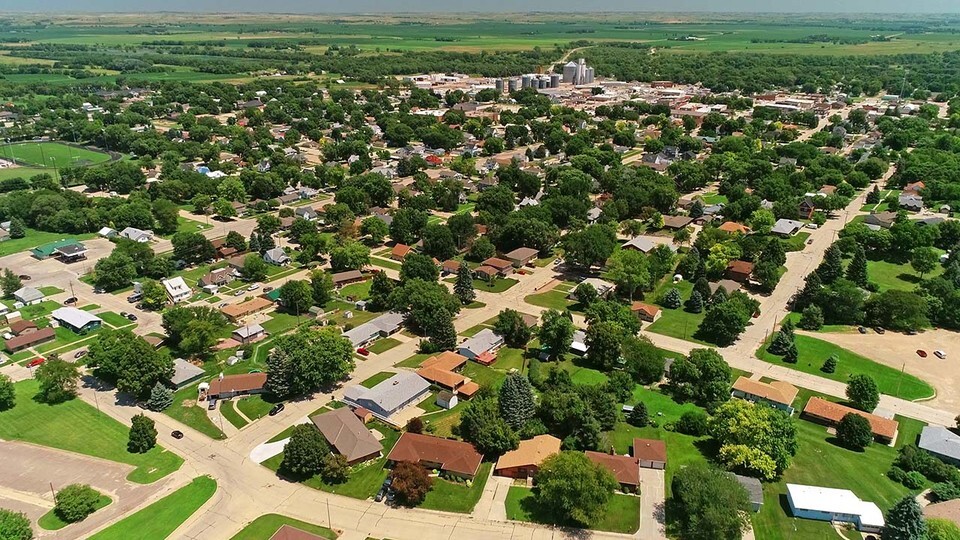
A message from Mike Boehm – NU Vice President for Agriculture and Natural Resources, IANR Harlan Vice Chancellor
Connie Reimers-Hild has resigned from her role as interim executive director of the Rural Futures Institute effective June 30. I want to thank Connie for her thoughtful leadership of RFI over the past year, and for her 25 years of service to the University of Nebraska, during which she held roles with Nebraska Extension and the Department of Entomology.
The University of Nebraska is committed to supporting a thriving rural sector and the Rural Futures Institute is a key driver of this effort. This is evident through the evolution of a student program centered around service to rural communities, a partnership with the University of Nebraska Medical Center on the Rural Health Report 2030, and the launch of the Nebraska Thriving Index, a tool designed to fill the gap in economic and quality of life data comparisons for rural regions.
Within IANR, support for the vitality of rural communities was solidified in 2011 with the formation of our six community areas. One of those communities, the “Drivers of Economic Vitality for Nebraska,” focuses on strengthening Nebraska’s entrepreneurial approaches to stimulate economic development, and to increase the vitality of Nebraska’s communities and the quality of life of people in those communities. IANR’s commitment to rural strength is also realized through increased programming by Nebraska Extension’s Community Vitality Initiative and partnerships with the Heartland Center and with the Nebraska Community Foundation.
Effective July 1, Mark Balschweid will assume interim leadership responsibilities of the Rural Futures Institute, while continuing to serve as department head of the Department of Agricultural Leadership, Education and Communication.
A rural community vitality working group will be established in June to holistically assess NU assets working in the rural space, and chart a collaborative framework for how the university can best serve rural communities. I look forward to working with this group to enhance the success of the individuals, families and businesses that call rural Nebraska home.







